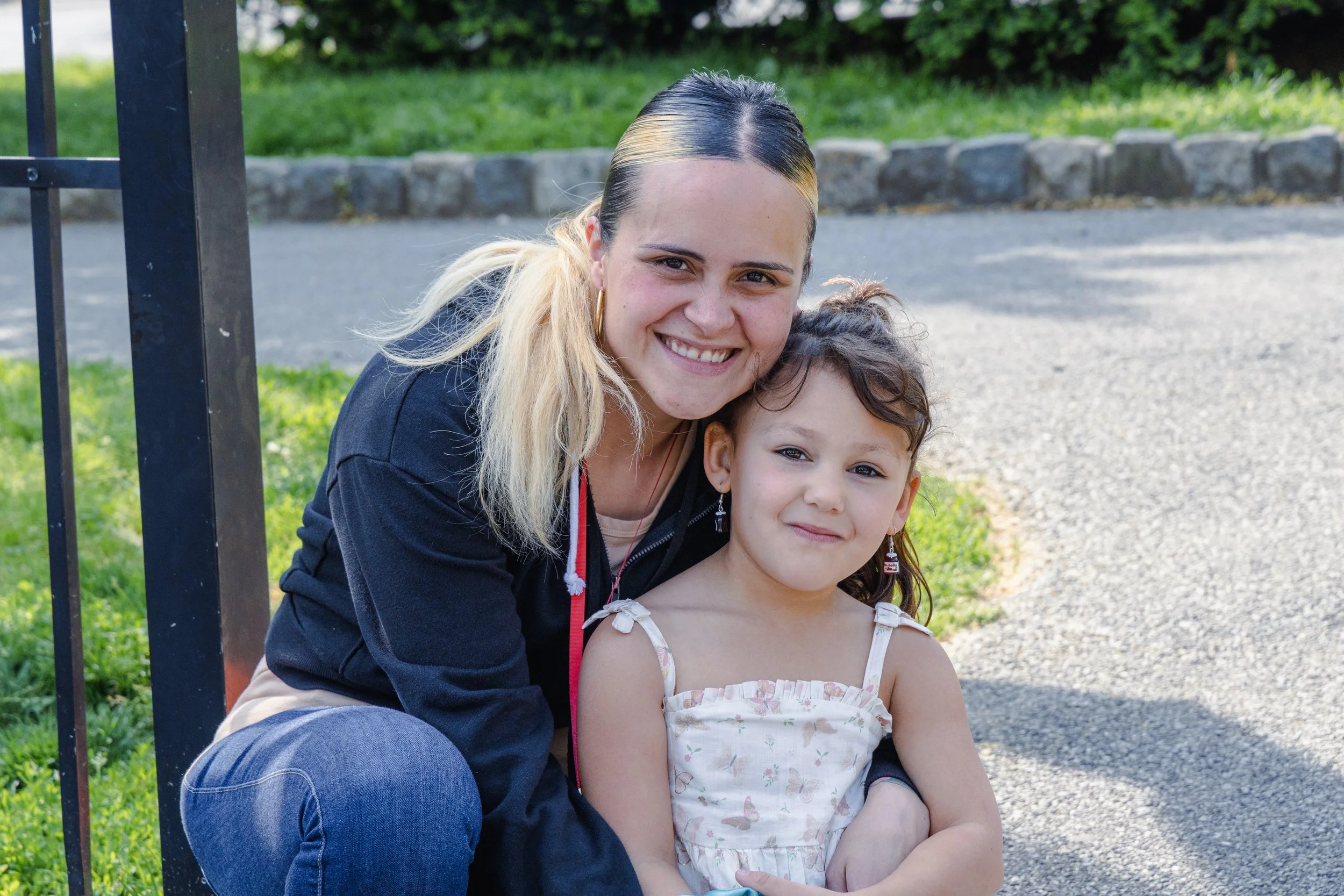Equity and Justice in Education
"Equity and Justice in Education: What Do You Need to Unlearn?" by Stacie Blake, CEO, YWCA Lancaster
What Do We Need to Unlearn?
At YWCA Lancaster, we believe that education should be a doorway to opportunity—not a mirror of the inequities that exist in our communities. Yet, for nearly 200 years, our public education system in Pennsylvania has struggled to live up to the promise of equity and justice. Today, we are called not only to reform systems but to unlearn the biases that keep them in place.
A Legacy of Inequity
When Thaddeus Stevens, a champion for justice and Lancaster’s own, fought to establish Pennsylvania’s public school system in 1835, he believed that every child—regardless of their background—deserved an education. He laid a foundation of equality that was groundbreaking for its time. But the promise of those early reforms remains unfulfilled.
In 2014, the School District of Lancaster joined a statewide lawsuit arguing that Pennsylvania’s school funding system was unconstitutional. Nearly a decade later, the Commonwealth Court ruled in 2023 that our system still falls short of constitutional requirements, denying equal opportunity to students—especially those in lower-income districts. Despite higher-than-average property taxes, these communities simply don’t have the resources their students need to thrive.
And the numbers tell the story: according to the Lancaster County Equity Profile, 33% of Black children in the county live in poverty, compared to only 9% of white children. Only 4% of our teachers are people of color, even though students of color make up 35% of the student body. These disparities aren’t accidents—they’re the product of systems we’ve inherited and continue to uphold.
What We Learn Without Being Taught
Reflecting on my own early education, I think about the informal lessons I learned—lessons that weren’t part of the curriculum but shaped my worldview nonetheless. I learned that boys were principals, girls wore dresses, and Black adults were janitors, not teachers. I saw segregation not just in classrooms, but in playgrounds and expectations.
These weren’t just observations. They were early lessons in race, gender, ability, and class. And while we’ve made progress through legislation like Brown v. Board of Education, Title IX, and the Individuals with Disabilities Education Act, many of these biases still persist—passed down not in textbooks, but in tone, structure, and silence.
Today’s Challenges Require Today’s Courage
We cannot ignore the ways that inequity shows up in our education system. Today, students of color are still more likely to attend high-poverty schools. Their schools are often less resourced. Their teachers often don’t look like them. And the stories they see in the classroom are often censored or erased.
Across the country—and here in Lancaster County—books by Black and LGBTQ+ authors are being banned. Library funding is under threat for hosting inclusive programming. These decisions don’t just impact policy; they send a message about who belongs and who doesn’t.
Representation matters. Stories matter. And when children don’t see themselves reflected in their teachers or their reading materials, it chips away at their sense of belonging and possibility.
So, What Do We Need to Unlearn?
Unlearning starts with honest reflection. Who is in the room, and who isn’t? Whose voices are heard, and whose are missing? Equity and justice in education require more than system change—they require a personal reckoning with what we’ve absorbed, accepted, or ignored.
At YWCA Lancaster, we are committed to eliminating racism and empowering women. But that work begins by looking inward. Whether you learned it in kindergarten or just yesterday, we all have something to unlearn. Bias is the root of prejudice, and it thrives when we don’t challenge it.
As author Robert Fulghum wrote: “It doesn’t matter what you say you believe—it only matters what you do.”
Let’s act with urgency. Our children can’t wait.
—Stacie Blake, CEO, YWCA Lancaster
This blog post is a summary of the Article published in Millersville Universitiy’s Engage for Change
Read the Full Article Here (pages 42-45)
Written by Demetrius Archer, Communications Manager, YWCA Lancaster


